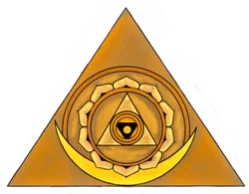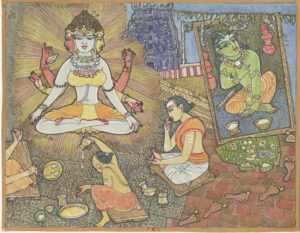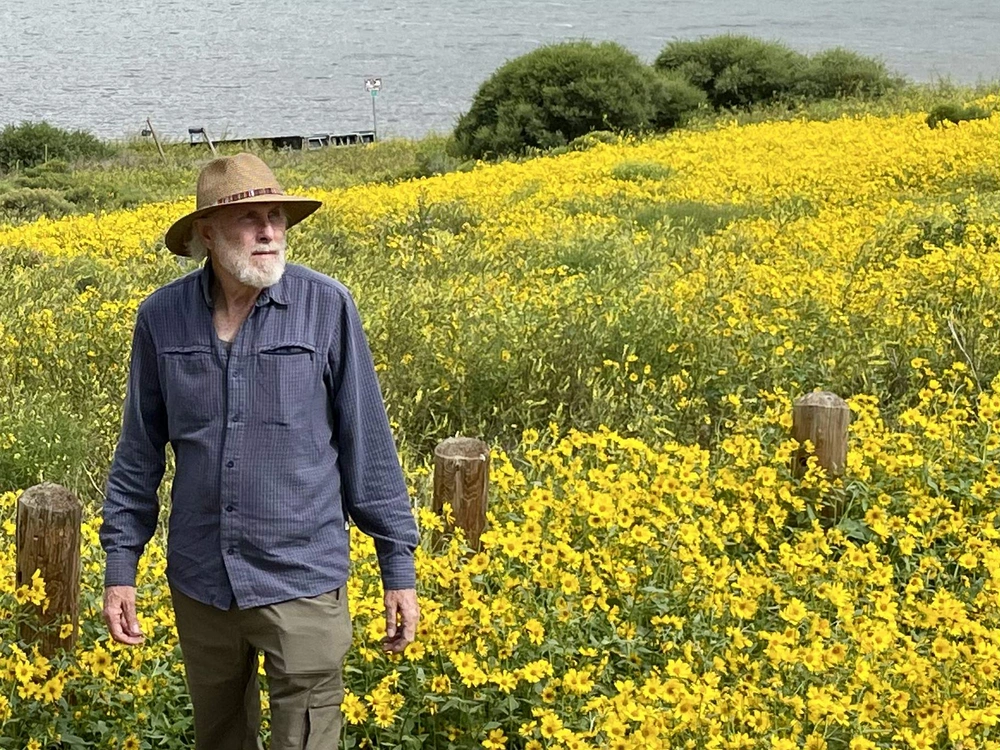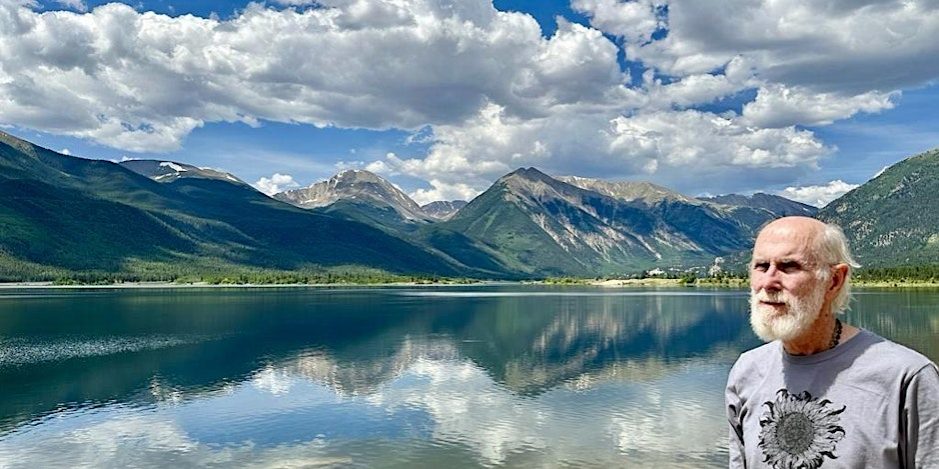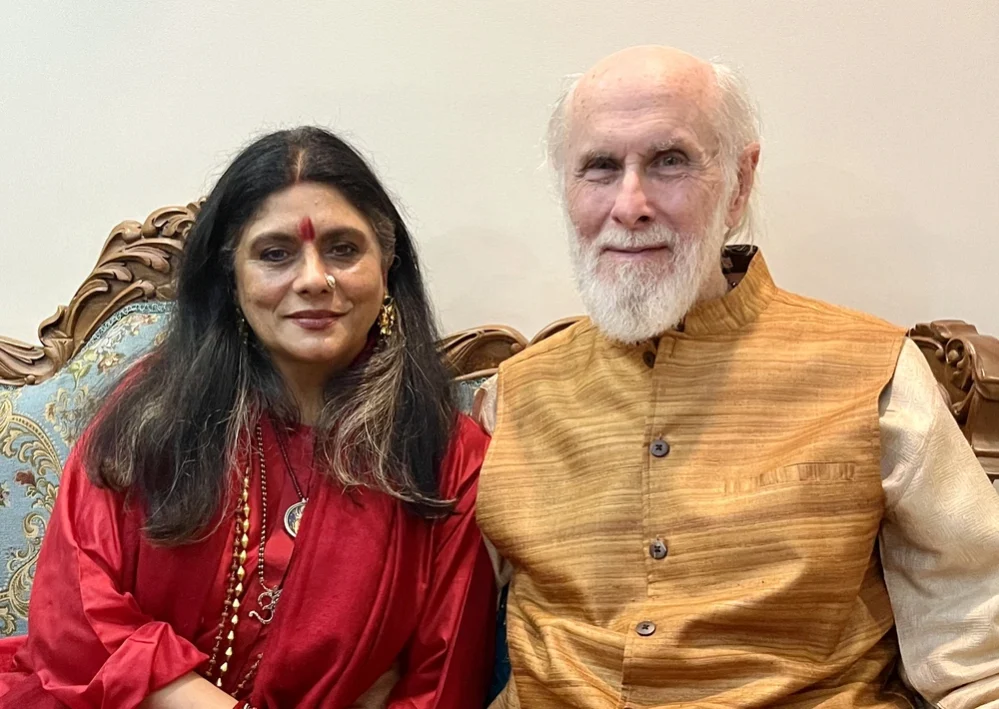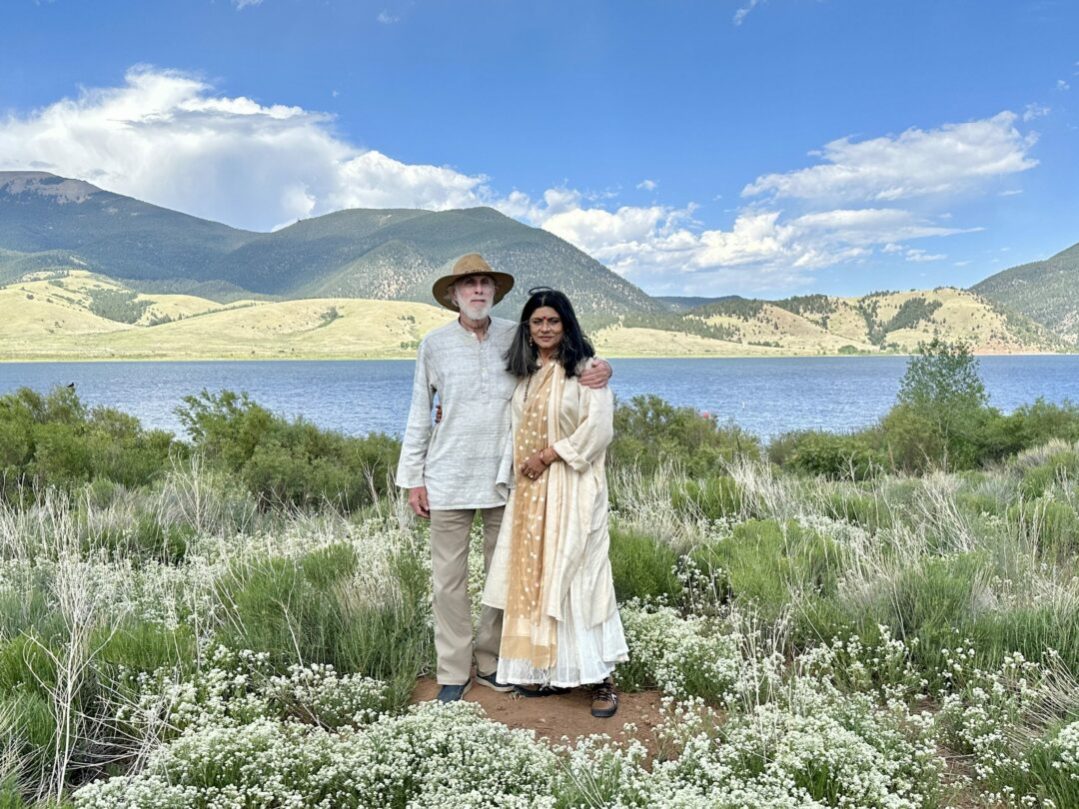The dharmic traditions of India have always valued a tradition of open debate in which everything is questioned and every point of view explored, however contrary. That is why India’s philosophical systems have such a great variety and never excluded any opinion, accepting also an atheist materialistic school of Charvaka as one point of view.
Students trained in debate traditions had to know the point of view of their opponents and be able to articulate it. They had to be capable of arguing their opponent’s point of view as well as their own. They had to show how their opponents views were wrong at the level of knowledge, not simply emotion, and how their own differing views better represented the enduring truth or dharma. This debate tradition was called Tarka and practiced in both Hindu and Buddhist traditions.
Debates examined key questions of who we are, the nature of reality, and important issues of life, not just the transient but also the eternal, and the means of right knowledge to determine these. Ultimately these debates required that we questioned ourselves and the limitations of the human senses and mind overall. Debates were animated, sharp and uncompromising, but never violent or not allowing the opponent to speak or counter the challenge.
Inevitable Difference of Views
Yoga philosophy recognizes that each one of us as an embodied soul, with our particular physical and mental orientation, must have his or her own point of view. This reflects our karma, DNA, the time and place of our birth, our body type, culture, language and education at various levels. The angle from which each one of us sees the world is unique, but others will see the world from their own different perspectives as well. We get accustomed to our angle of perception and fail to realize that it is but one perspective, not final for everyone, much like the clothes we personally wear will not fit everyone else.
Today our society is becoming intolerant of open debate. There is an attempt to suppress those whose points of view disagree with ours, rather than to examine rationally and perceptually what views are actually correct and to what degree. Instead of a respectful debate we have a vicious name calling and efforts to discredit a person as a whole for statements or actions that may not be politically or culturally correct in our eyes. This smothers debate in personal innuendos.
Academia and media seems more concerned with eradicating points of view they don’t agree with, rather than allowing a fair discussion from both sides of the question. Notably they fail to honor a dharmic point of view, which provides a different angle of examination outside the entrenched dichotomies of the western political spectrum. Neither right nor left in western thought may be deemed as truth according dharmic traditions. There is a wider and deeper truth beyond these dichotomies of the modern mind.
Deeper Levels of Questioning
Ultimately we must question ourselves, our culture, our language, our minds and human reality overall, not just social, political or intellectual issues at a mundane level.
Yoga and Vedanta recognize that the bodies and minds of all creatures are different and cannot be reduced to a uniform code, creed or rule of conduct. That fact should be respected. Yet our inner consciousness beyond body and mind is One. Only when we go beyond the mind can we come to true unity, but that is not a uniformity of opinion, which is a mental limitation, but a realization of oneness beyond all names forms and numbers, embracing the entire universe animate and inanimate, discovering the higher Self or Atman behind all.
Let us be capable of an open yet friendly debate that questions everything, not just politics, science or religion, but the nature of our own human reality and what may transcend it.
Vamadeva Shastri
